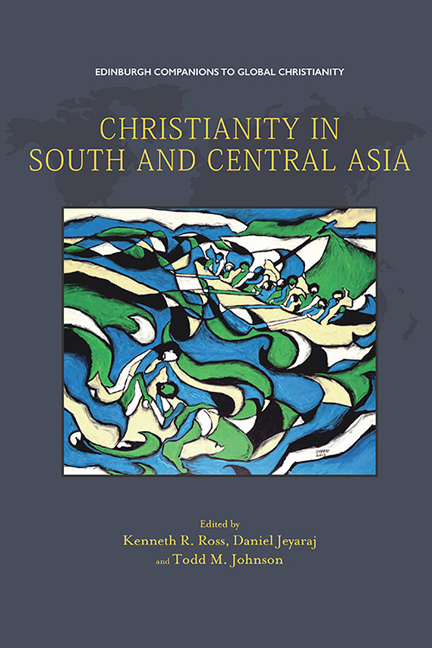Religious Freedom
Published online by Cambridge University Press: 30 April 2020
Summary
Recognition of the free exercise of religion goes back to the initial amendments to the constitution of the USA, which were ratified in 1791 and intended as a Bill of Rights for the American people. In modern times, the First Amendment, about freedom of religion, is echoed in and expanded by the 1948 United Nations Universal Declaration of Human Rights, which states: ‘everyone has the right to freedom of thought, conscience and religion; this right includes the freedom to change his religion or belief, and freedom, either alone or in community with others and in public or private, to manifest his religion or belief in teaching, practice, worship and observance’ (article 18). The 1950 European Convention for the Protection of Human Rights and Fundamental Freedoms more or less repeats this formula. It is not until the 1966 International Covenant on Civil and Political Rights that we get further development. Here, the freedom to choose and to adopt religious belief is explicitly recognised. The UN Human Rights Committee has extended these protections to vulnerable groups like women and minorities. The rights of parents to bring up their children in conformity with their own convictions is also acknowledged, as are the beliefs of new religious movements and atheism.
Alongside the development of international law regarding religious freedom, however, there has been widespread refusal to enact or to respect the provisions of international treaties by nations and even blocs of nations. Thus, many Islamic countries have entered reservations about these documents, which declare that they will be implemented only to the extent that they are compatible with Sharia or Islamic law. This has also been the case with international or regional Islamic declarations in which there is no equivalent to article 18. Marxist states also have largely neglected the provisions on religious freedom. There is now fresh pressure on them from nationalistic ideologies that include a particular religious tradition in their understanding of national identity. The safeguarding of religious freedom is also at risk in the West, from laws and campaigning groups that seek equality for various groups of people but refuse to recognise the conscience of religious believers. As we shall see, to a greater or lesser extent, South and Central Asia has experienced a number of these pressures on religious freedom.
- Type
- Chapter
- Information
- Christianity in South and Central Asia , pp. 373 - 383Publisher: Edinburgh University PressPrint publication year: 2019

